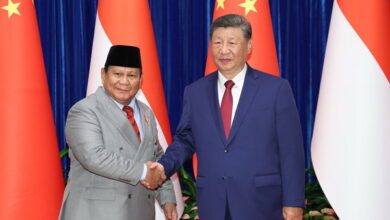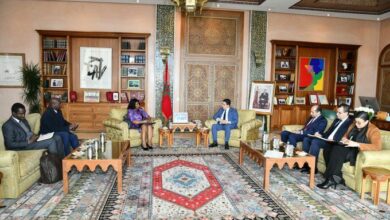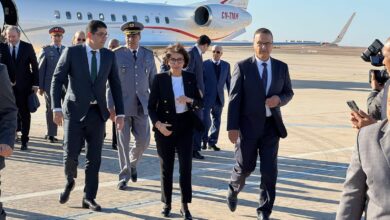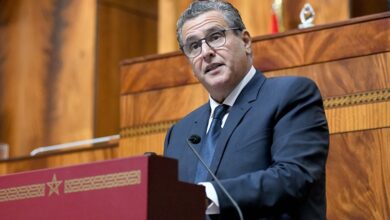Thanks to the Wise Royal Vision… Morocco Strengthens Its International Position by Being Elected to the Presidency of the Advisory Committee of the Human Rights Council
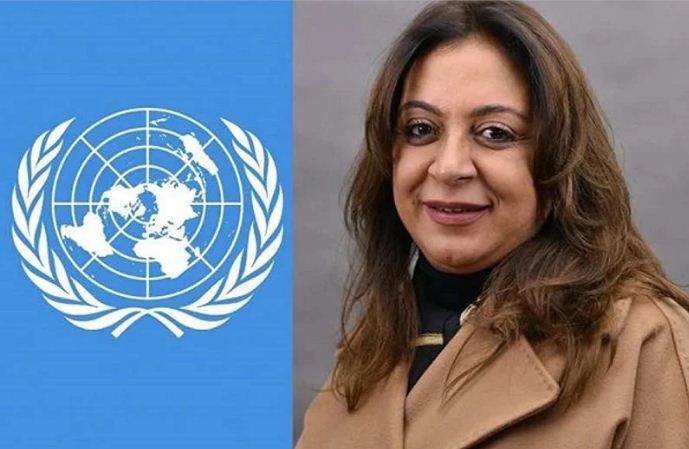
ALDAR / Analysis
In a new reflection of Morocco’s credibility and the international recognition of its efforts in the field of human rights, Nadia Amal El Bernoussi has been elected President of the Advisory Committee of the United Nations Human Rights Council during the opening session of the 33rd session held in Geneva.
This election demonstrates the international community’s confidence in Morocco as a key player in promoting and protecting human rights, in line with the high directives of His Majesty King Mohammed VI, who has made the advancement of this field a fundamental pillar of the major reforms undertaken by the Kingdom.
This achievement is an extension of Morocco’s success within UN human rights institutions. Through its strong candidacies, the Kingdom has gained the trust of member states, enabling it to hold leadership positions in prominent international bodies, including the presidency of the Human Rights Council in 2024. The election of Ms. El Bernoussi to this position is a recognition of her distinguished career and extensive expertise. A member of the Advisory Committee since 2020, she was re-elected in 2023 for a second term running until 2026. She is also a member of the Venice Commission and is highly respected both nationally and internationally for her significant contributions to drafting the 2011 Constitution and her academic research in the field of human rights.
The Advisory Committee of the Human Rights Council, which Ms. El Bernoussi will preside over, consists of 18 experts and serves as a consultative body that provides recommendations to the Human Rights Council on issues related to the promotion and protection of fundamental rights globally. During its current session, which will run until February 21, 2025, the committee will discuss several priority issues, including promoting gender equality, supporting a democratic and equitable international order, protecting the rights of persons with disabilities, and studying the impact of modern technologies in the military field on human rights, the consequences of disinformation, digital violence against women and girls, and the effects of plastic pollution on environmental and human rights.
This latest election highlights Morocco’s distinguished position within international organizations and reaffirms its success in adopting policies based on multilateral cooperation and its serious and responsible engagement in global human rights issues. This achievement also serves as a significant boost to the Kingdom’s efforts to strengthen its partnership with the United Nations and consolidate its leadership as a key player in upholding and defending human rights principles at both regional and international levels.

